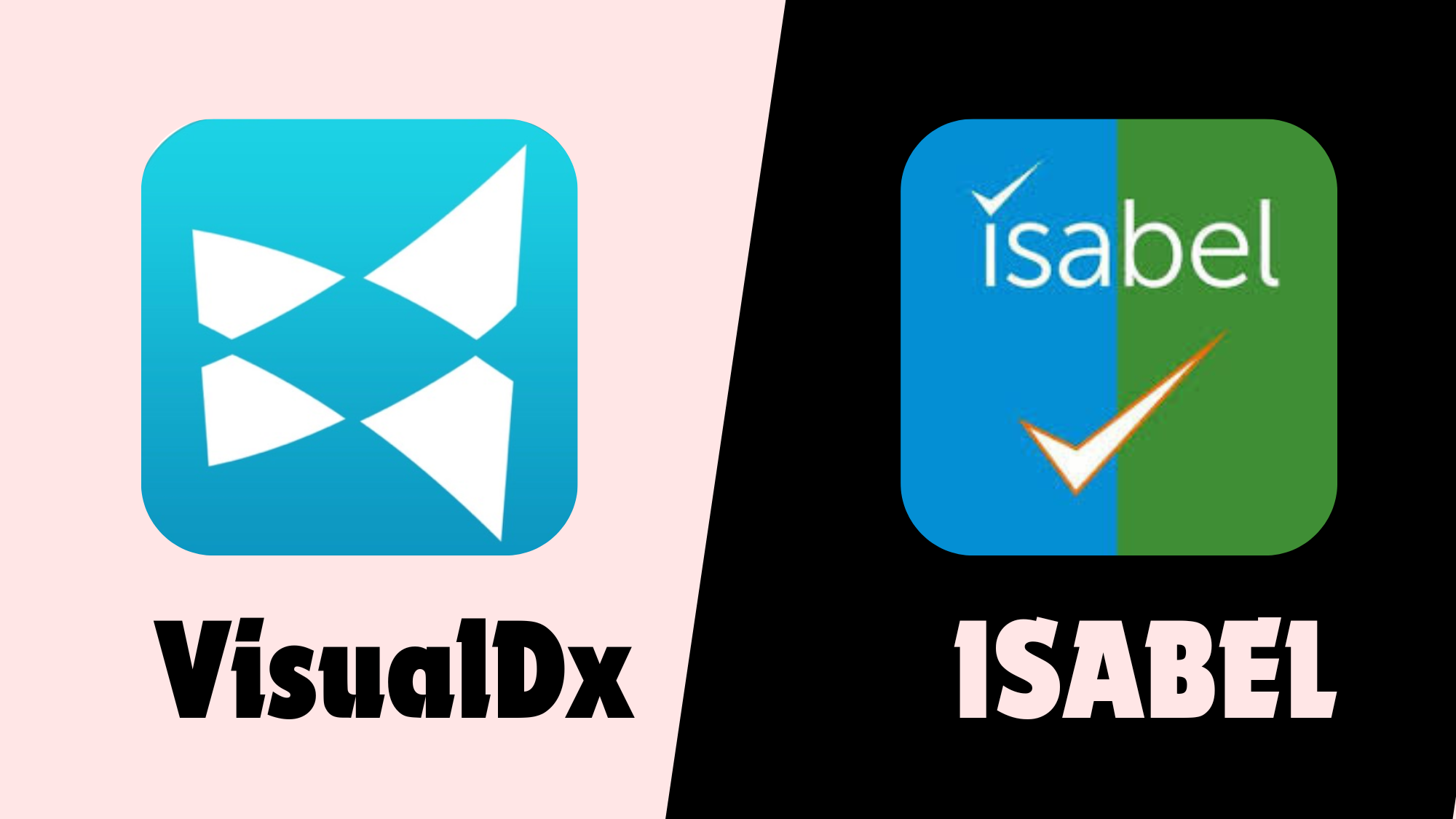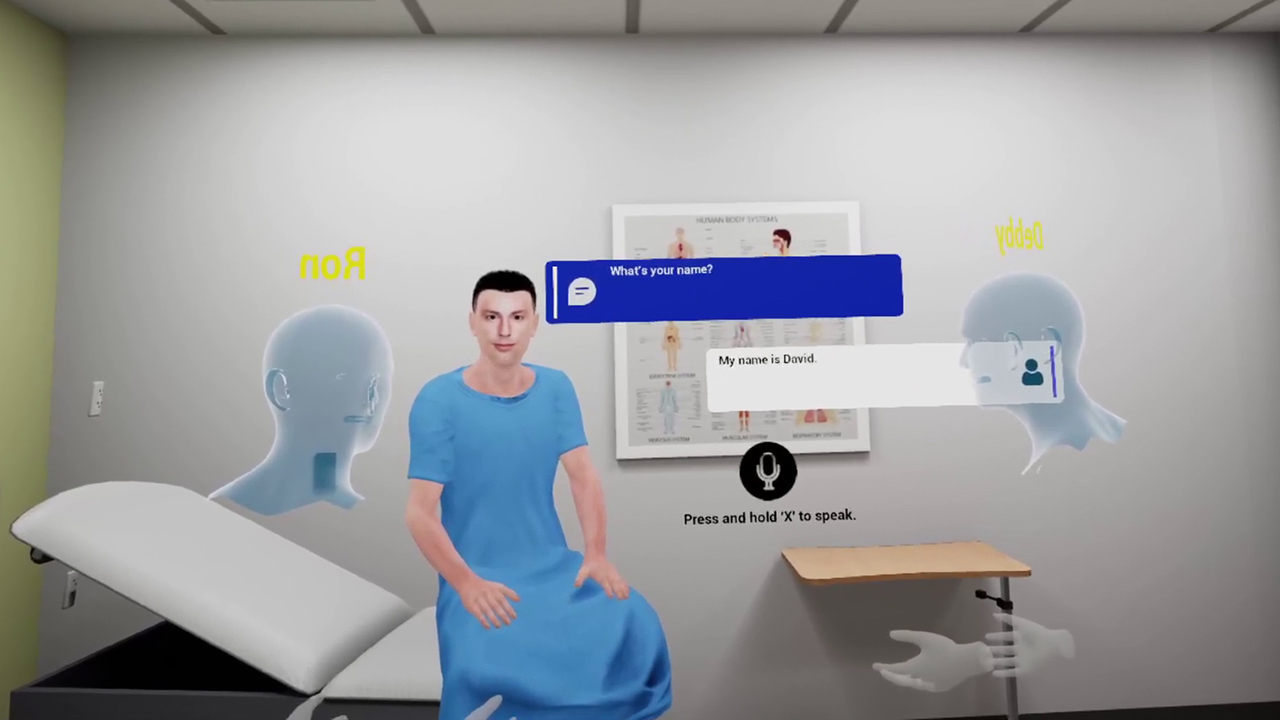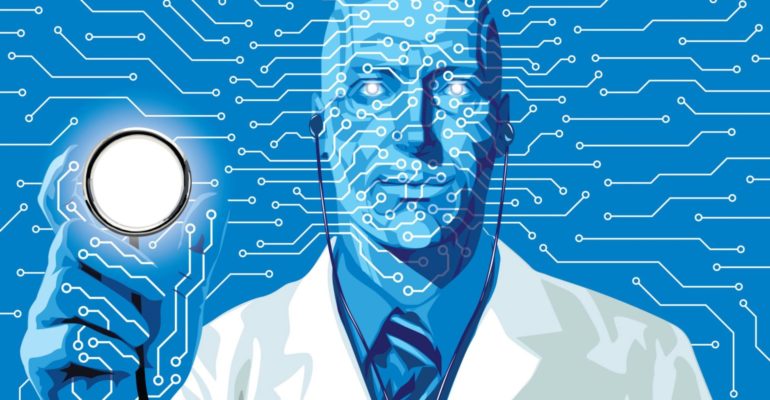AI for
Medical Students
Artificial Intelligence is transforming medical education,
enhancing learning experiences, diagnostic skills, and
preparation for modern medicine challenges. Key AI tools are
transforming medical education, transforming student
outcomes.Let’s look at the AI for medical students and how it
is making a real difference in student outcomes.




